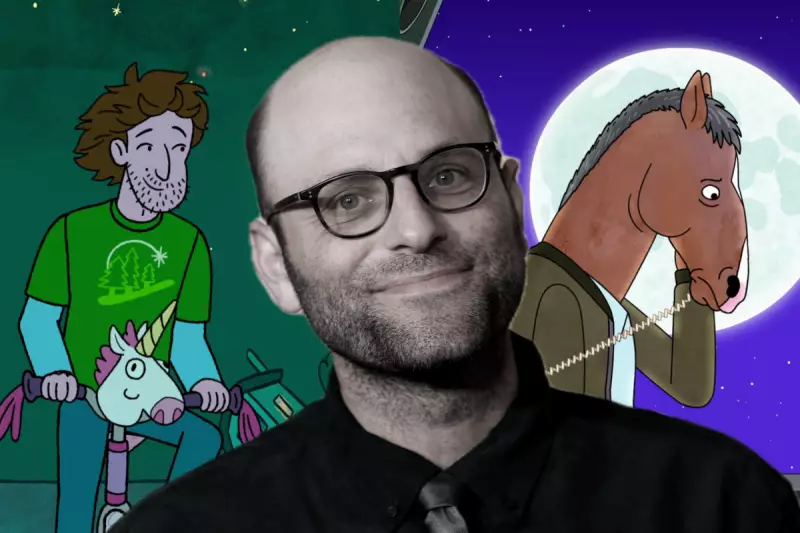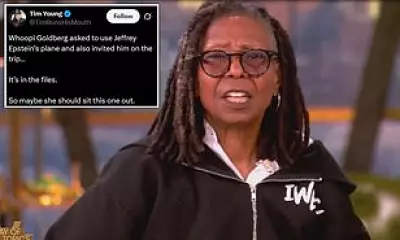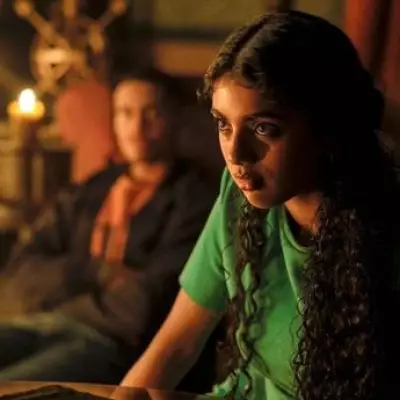
In a startling revelation that pulls back the curtain on Netflix's internal culture, Raphael Bob-Waksberg, the visionary creator behind the critically acclaimed BoJack Horseman, has detailed the streaming giant's obsession with the 'long story short' approach to creative pitches.
The celebrated showrunner sat down with The Independent for a candid interview, exposing a corporate environment where complex, nuanced narratives are often reduced to simplistic, elevator-pitch-style summaries. This culture, he argues, fundamentally challenges the art of sophisticated storytelling.
The Creative Struggle Behind the Stream
Bob-Waksberg described the often-frustrating process of dealing with executives who demand quick, digestible summaries. "The note was always 'long story short'," he revealed, highlighting a tension between artistic depth and market-driven brevity.
This pressure to condense intricate plotlines and character development into bite-sized concepts, he suggests, can stifle innovation and force creators to oversimplify their visions from the very outset. It represents a broader shift in the industry towards content that is immediately marketable rather than artistically substantial.
Bojack Horseman: An Anomaly in the Algorithm?
Reflecting on his own experience, Bob-Waksberg posits that the success of BoJack Horseman—a deeply philosophical and serialised adult animation—was something of a miracle within this system. The show's willingness to explore dark themes like depression, trauma, and addiction stood in stark contrast to the easily summarisable content Netflix often seems to favour.
His insights provide a rare glimpse into the challenges faced by creators working within the algorithmic frameworks of major streaming platforms, where data and quick hooks can sometimes trump narrative ambition and creative risk-taking.
The Future of Storytelling in the Streaming Age
This interview raises critical questions about the future of television. As streaming services continue to dominate the entertainment landscape, Bob-Waksberg's comments force a conversation about the value of patient, complex storytelling versus the demand for instant gratification.
Will the 'long story short' model ultimately lead to a homogenisation of content, or can unique creator-driven voices continue to break through? The answers may well define the next era of television.





